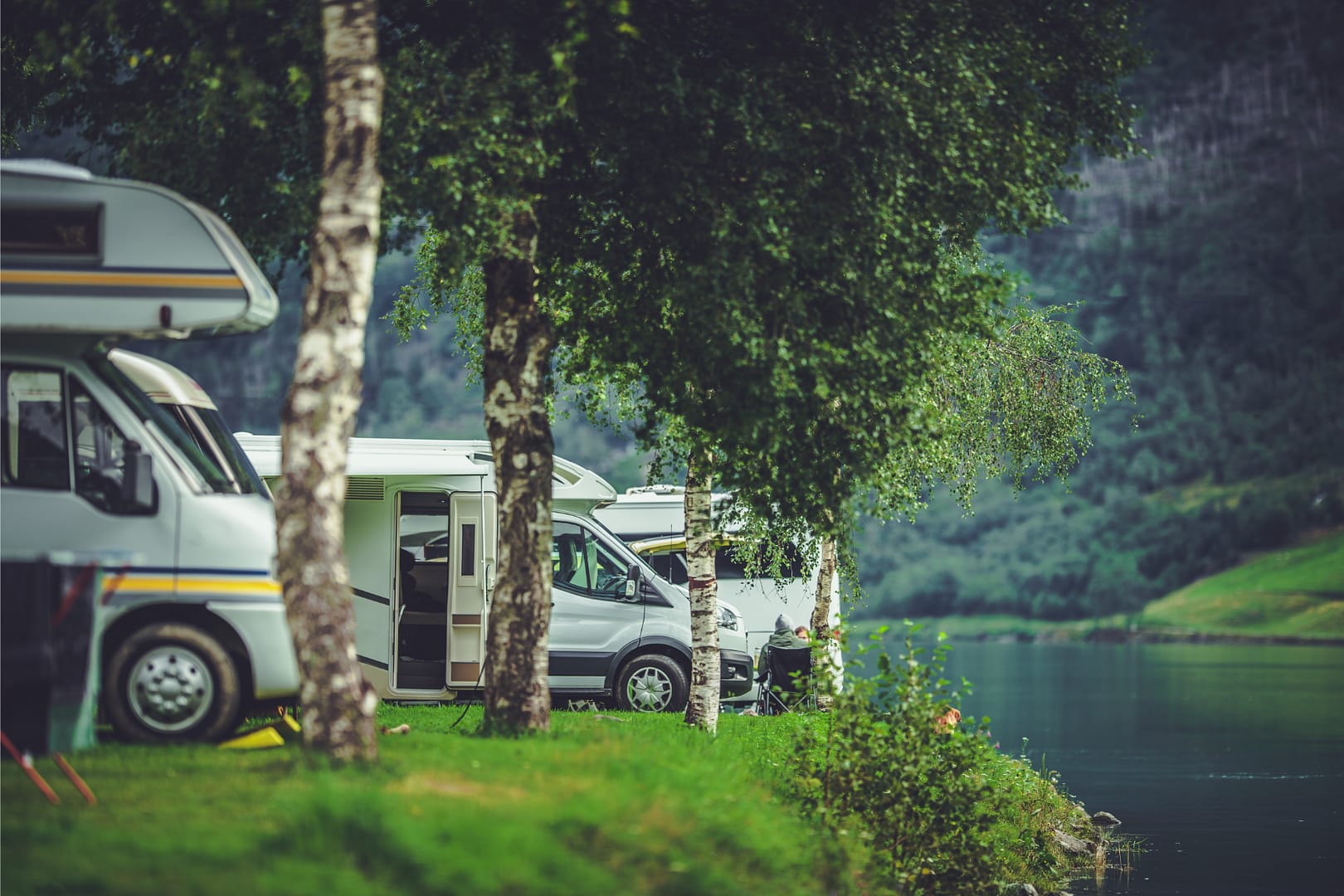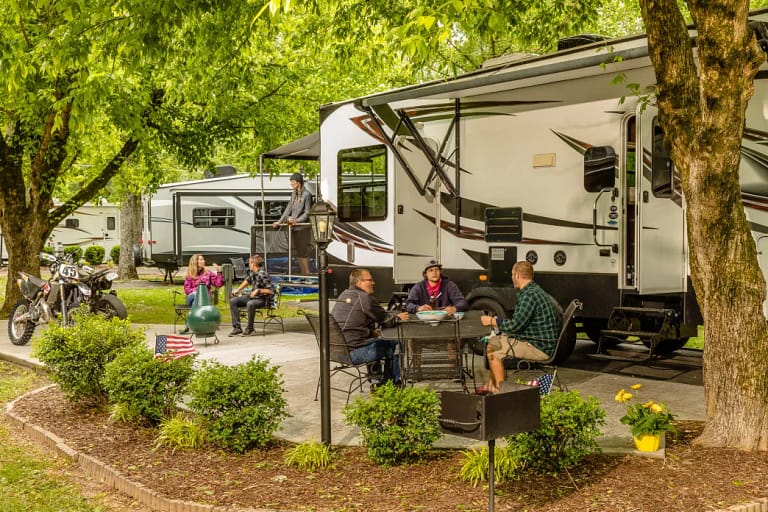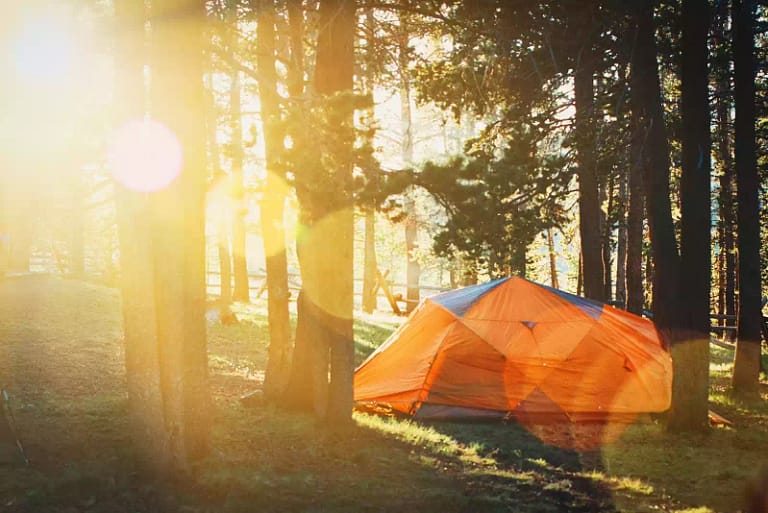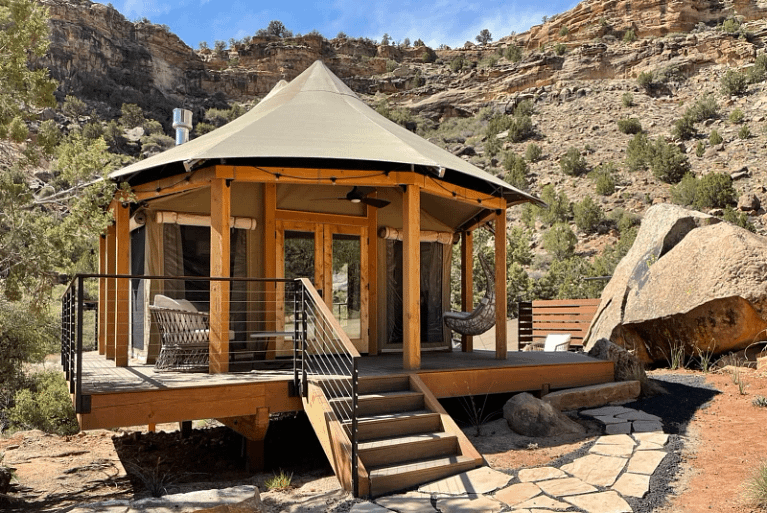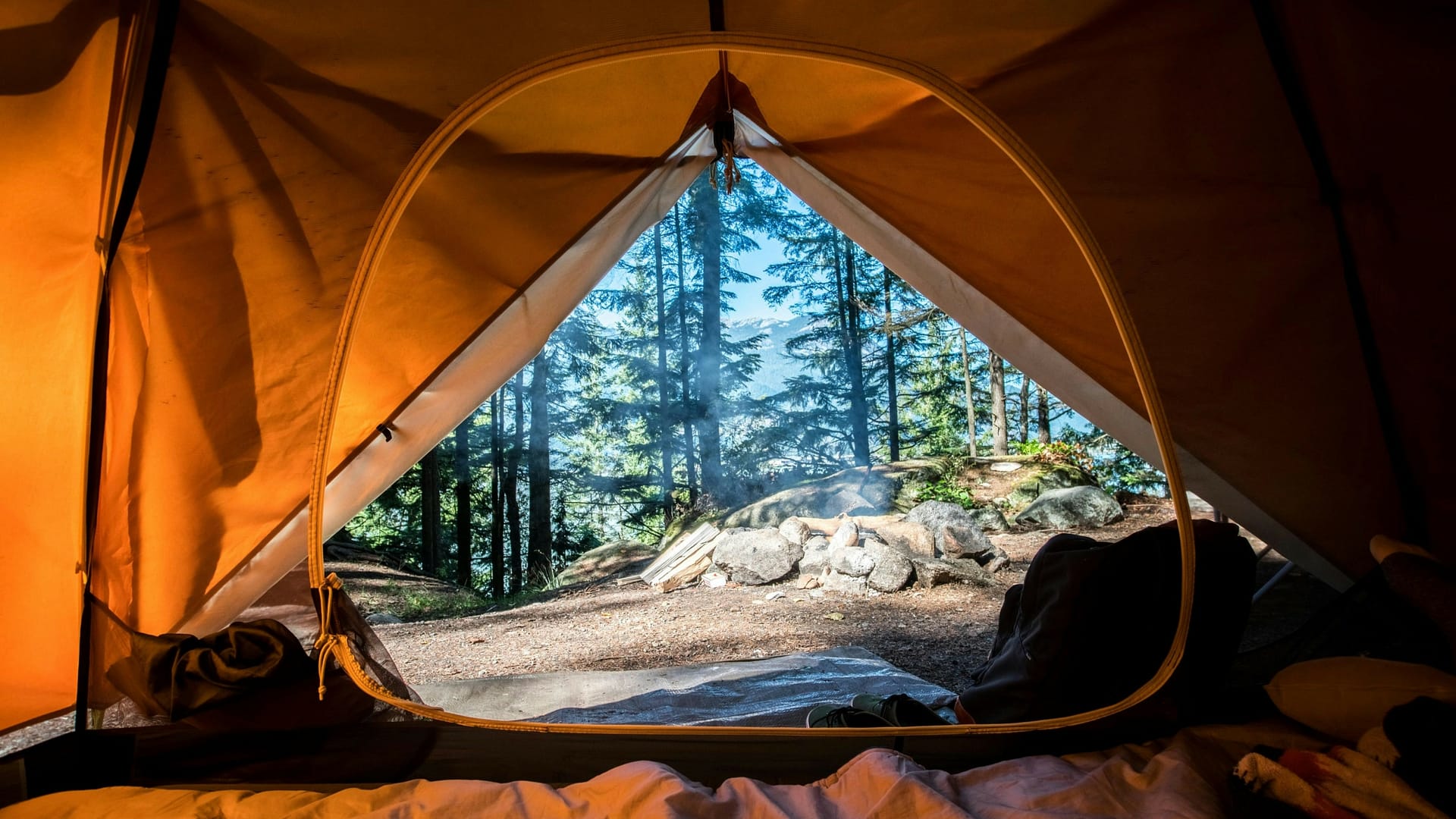Black water tanks are an essential component of RVs and boats, responsible for storing and managing the wastewater generated from toilets. While these tanks serve a crucial purpose, they can also create stinky and unpleasant situations if not properly maintained. To help beginners navigate the world of black water tanks, this article provides a comprehensive guide on avoiding stinky situations. From understanding the basics of black water tanks to choosing the right equipment, implementing proper maintenance routines, and troubleshooting common issues, we will explore everything you need to know to keep your black water tank clean, odor-free, and in optimal condition. So, let’s dive in and learn how to tackle the challenges and ensure your black water tank becomes one less thing to worry about during your adventures.
In this article:
Toggle- Understanding the Black Water Tank: What is it, and how does it work?
- Essential Equipment: Choosing the right black water tank for your RV or boat.
- Proper Maintenance: Tips for keeping your black water tank clean and odor-free.
- Dos and Don'ts: Best practices for using and emptying your black water tank.
- Troubleshooting: Common issues with black water tanks and how to resolve them.
- Eco-Friendly Solutions: Environmentally-conscious alternatives for black water tank maintenance.
Understanding the Black Water Tank: What is it, and how does it work?
When it comes to your RV or boat, the black water tank is like that friend who deals with the less glamorous side of life. It’s responsible for holding all the waste from your toilet – yes, we’re talking about the poop and pee. But hey, someone’s got to do it! Understanding how the black water tank works is essential for avoiding stinky situations and maintaining a pleasant living environment.
Components of a black water tank system
The black water tank system consists of a few key components that work together to keep the waste under control. Firstly, the tank is usually made of durable plastic or fiberglass. Then, you have the toilet, which connects to the tank through a pipe. Lastly, the vent system allows odors to escape safely without invading your living space. It’s like the chimney of your black water kingdom.
Essential Equipment: Choosing the right black water tank for your RV or boat.
Just like people, black water tanks come in different shapes and sizes. There are traditional gravity-flush tanks, macerating tanks that break down waste before it enters the tank, and even composting toilets for the more eco-conscious adventurers. Each type has its pros and cons, so choose wisely based on your needs and preferences.
Capacity considerations
Nobody likes surprises, especially when running out of black water tank space. Consider the size of your RV or boat and the number of people using the facilities regularly. A larger tank means fewer trips to the dreaded dumping station, undoubtedly a win in anyone’s book.
Material and construction
When it comes to black water tanks, you want something sturdy and reliable. Plastic tanks are common due to their durability and ease of maintenance. Fiberglass tanks offer a sleeker look, but may require more care to avoid cracks or leaks. Choose a tank that suits your budget and maintenance preferences so you can focus on enjoying your adventures without worrying about leaks.
Proper Maintenance: Tips for keeping your black water tank clean and odor-free.
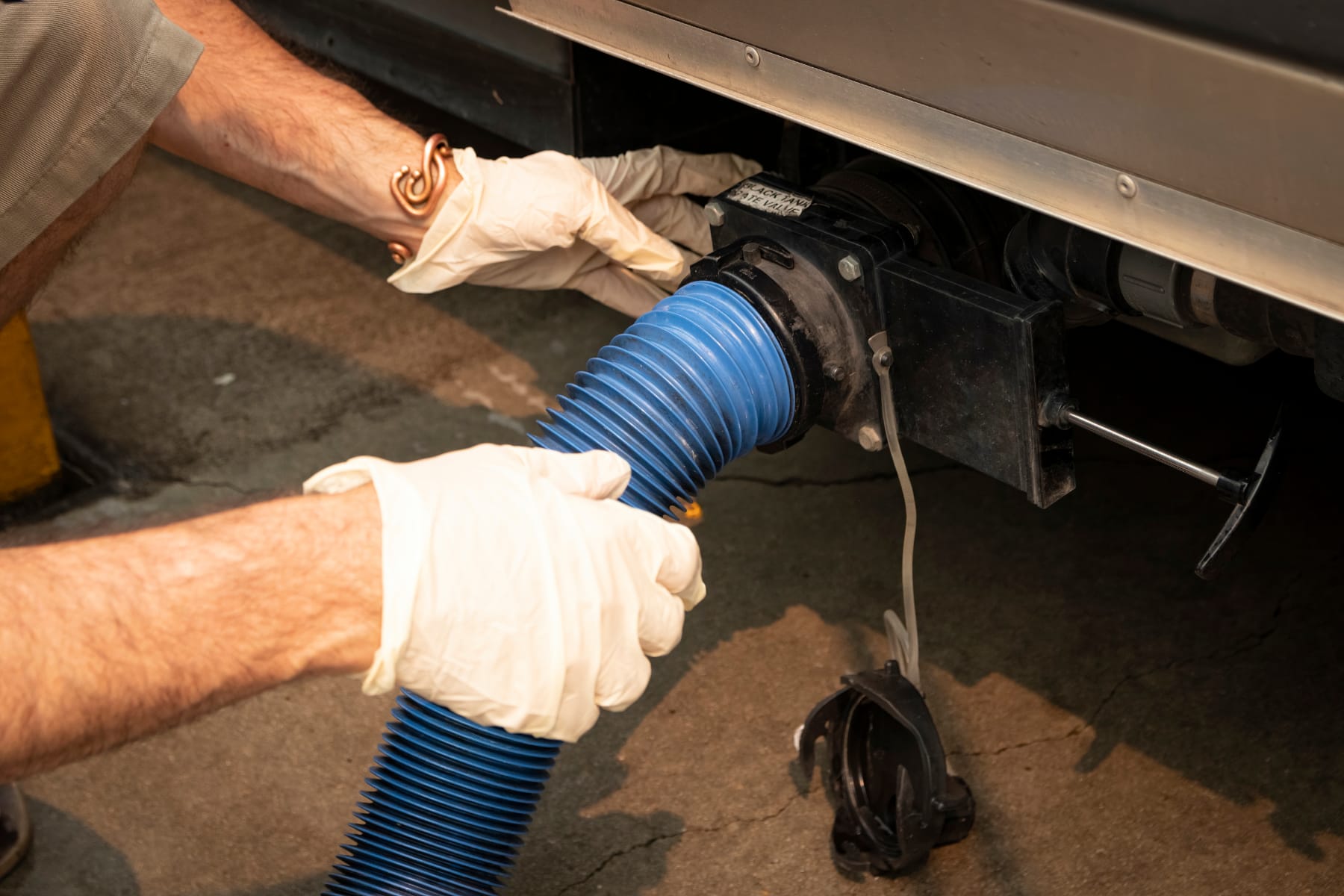
- Regular cleaning routines
- Using effective tank treatments
- Preventive measures to avoid odor buildup
Dos and Don’ts: Best practices for using and emptying your black water tank.
Proper waste disposal techniques
Nobody likes to be on the receiving end of a black water tank mishap, so following proper waste disposal techniques is crucial. Make sure to use designated dump stations and follow their guidelines. Never inappropriately dispose of waste, like dumping it in nature or down a storm drain. Let’s keep our planet clean, one tank at a time.
Sensible water usage habits
Conserving water not only helps the environment but also your black water tank. Avoid excessive flushing and use water-saving habits like turning off the tap while brushing your teeth. Every drop counts, and the less water you use, the less strain on your tank.
Handling and disposing of tank contents
Emptying your black water tank might not be glamorous. Still, it’s a necessary evil when it’s time to say goodbye to your tank’s contents, wear protective gloves, follow proper safety procedures, and clean up any spills promptly. Nobody wants a black water disaster, so handle it carefully and dispose of the waste responsibly.
Troubleshooting: Common issues with black water tanks and how to resolve them.
Dealing with clogs and blockages
Black water tanks can sometimes be a breeding ground for unwanted surprises, like clogs and blockages. Picture this: you’re on a camping trip, surrounded by nature’s beauty when suddenly your toilet refuses to flush. Panic sets in, but fear not! Dealing with clogs and blockages in your black water tank is easier than you might think. From using specialized chemicals to gently coaxing the obstacles out with a sewer snake, we have tips and tricks to recharge your tank.
Repairing leaks and damages
Nobody wants to deal with a leaking black water tank, but unfortunately, it happens. Whether it’s a crack, a loose connection, or a damaged valve, we’ve covered you with simple solutions to repair leaks and damages. From DIY fixes using sealants and patches to knowing when to call in a professional, we’ll help you keep your tank intact and your surroundings smell-free.
Addressing persistent odors
Ah, the dreaded smell that can sometimes accompany black water tank usage. It’s not a pleasant topic, but it’s an important one. We’ll delve into the various causes of persistent odors and provide you with easy and effective ways to combat them. From using odor-control chemicals and deodorizers to implementing proper ventilation techniques, you can bid adieu to those unpleasant smells.
Eco-Friendly Solutions: Environmentally-conscious alternatives for black water tank maintenance.
Natural and biodegradable tank treatments
If you want to keep the environment in mind while maintaining your black water tank, we have some eco-friendly solutions to make you feel good about your choices. Discover natural and biodegradable tank treatments that effectively break down waste without harming the planet. It’s a win-win situation!
Conserving water is not only an eco-friendly practice but also a smart way to extend the lifespan of your black water tank. We’ll share some simple yet effective water conservation methods to help you make every drop count. From using low-flow toilets to reusing gray water, you’ll become a pro at conserving water in no time.
Recycling and disposal options
When it comes to disposing of waste from your black water tank, responsible options are available. We’ll explore recycling programs and disposal facilities that can ensure your waste is handled properly. Being environmentally conscious is always a good idea, even in black water tanks.
Following the tips and guidelines outlined in this beginner’s guide to black water tanks, you can avoid stinky situations and maintain a clean and odor-free RV or boat. Remember to prioritize regular maintenance, adopt eco-friendly practices, and adhere to best practices for emptying and using your black water tank. With proper care and attention, your black water tank can continue to serve its purpose efficiently and allow you to enjoy your travels without any unpleasant surprises. So, take charge of your black water tank maintenance and embark on worry-free adventures!

